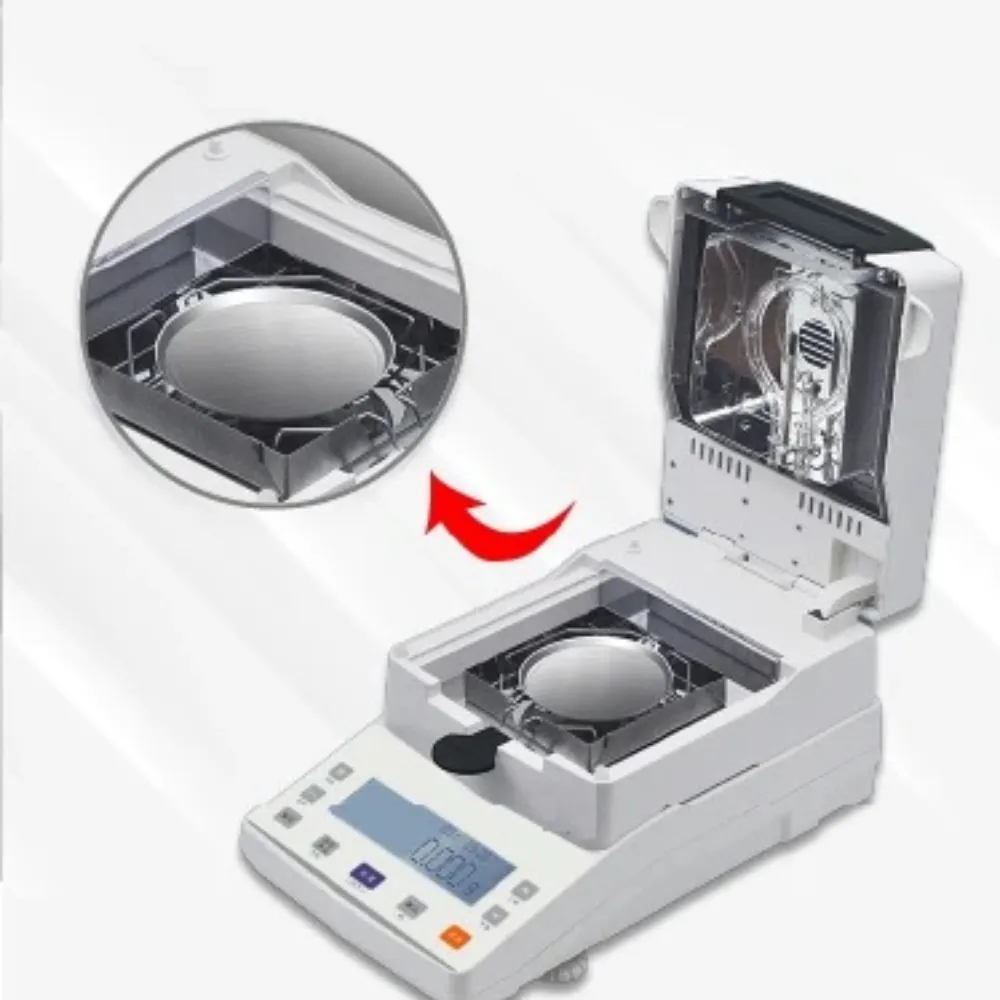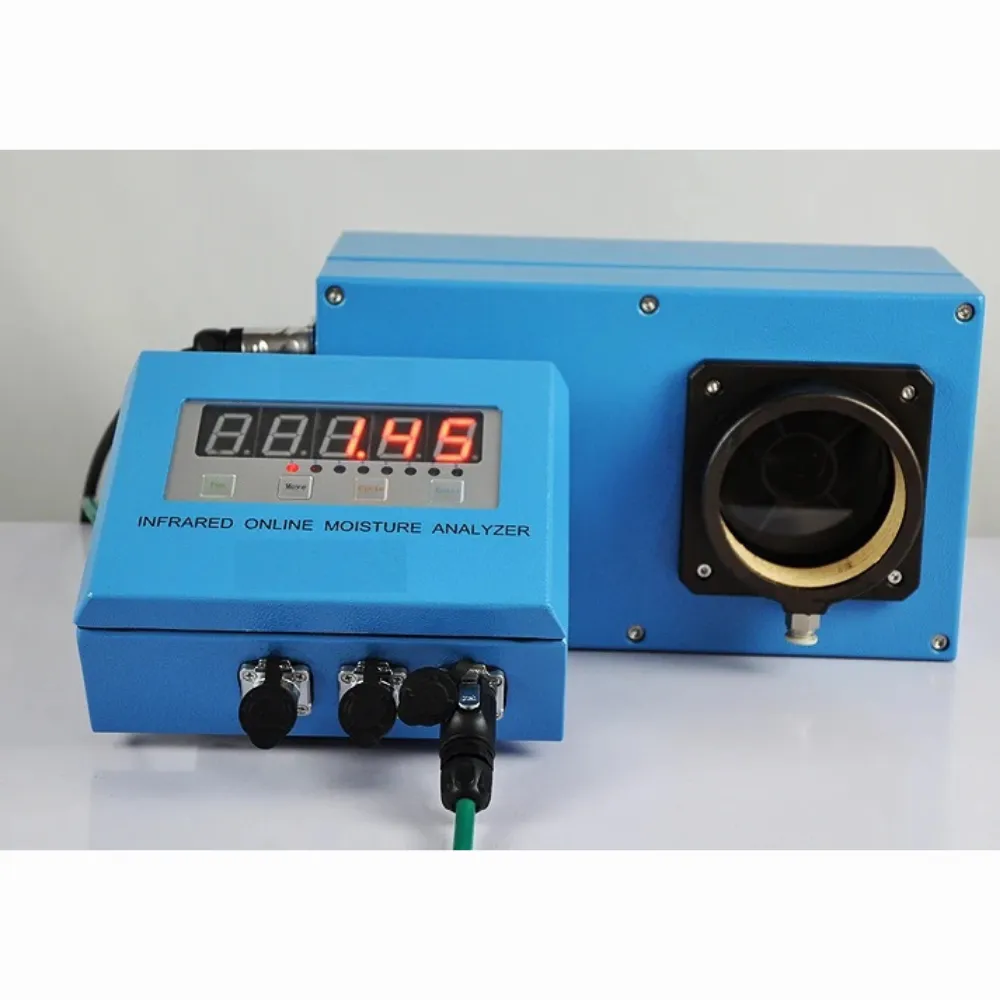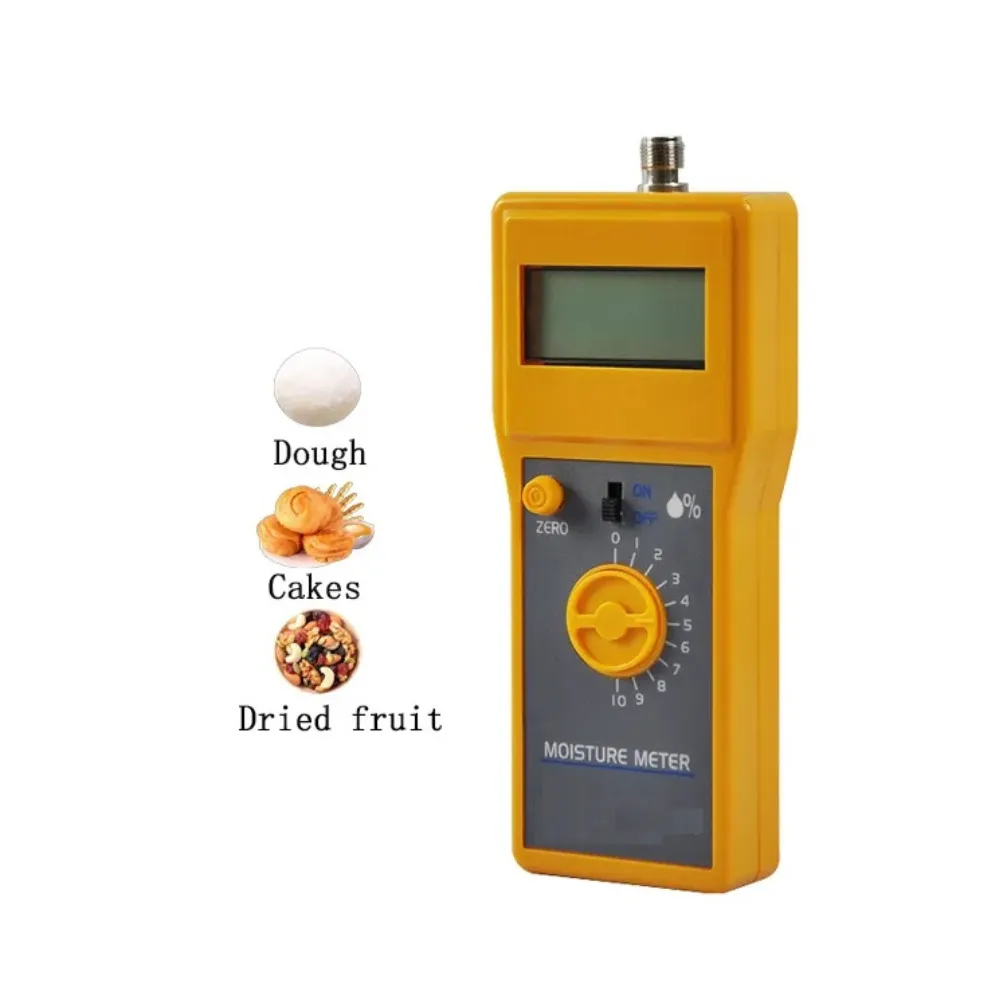
The Future of Moisture Meters in Smart Gardening Technologies
Table of Contents
Moisture meters have long been a staple tool for gardeners and farmers, providing essential information about soil moisture content. As technology advances, the integration of moisture meters into smart gardening systems is poised to revolutionize gardening practices. This article explores the potential benefits, applications, and future integration of moisture meters in smart gardening technologies.
One of the most significant advantages of moisture meters in smart gardening is their ability to provide real-time data on soil moisture levels. Continuous monitoring allows gardeners to make informed decisions about watering schedules, ensuring plants receive the optimal amount of moisture. This not only conserves water but also prevents overwatering, which can lead to root rot and other plant diseases.
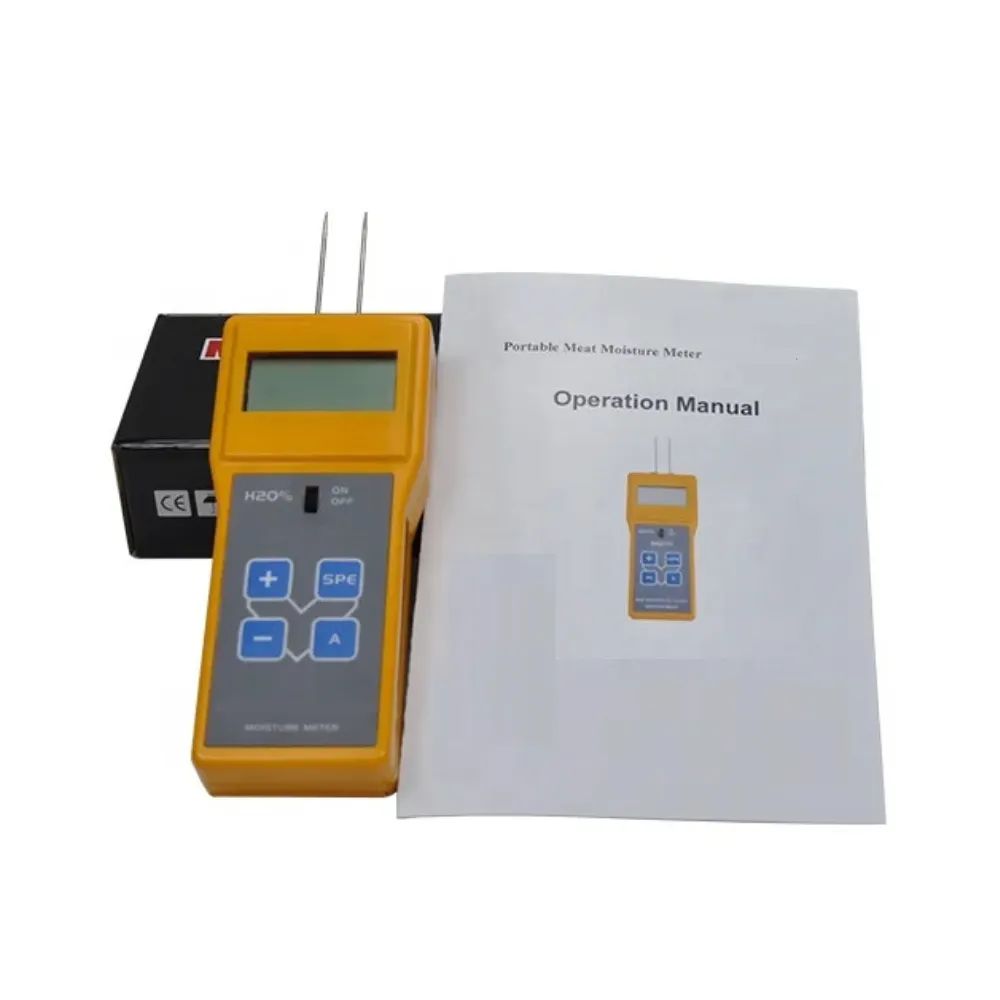
Moisture meters can be integrated into larger smart gardening systems, such as automated irrigation systems. These systems adjust the amount of water delivered to plants based on the moisture levels detected by the meter, saving time and effort for gardeners. This precise control over watering promotes healthier, more productive plants.
Layered Soil Moisture Monitoring
Another potential application of moisture meters in smart gardening is the ability to monitor moisture content at different soil depths. Understanding water retention and distribution within the soil profile helps gardeners make informed decisions about soil amendments, such as adding organic matter or improving drainage. This leads to healthier plants and more productive gardens.
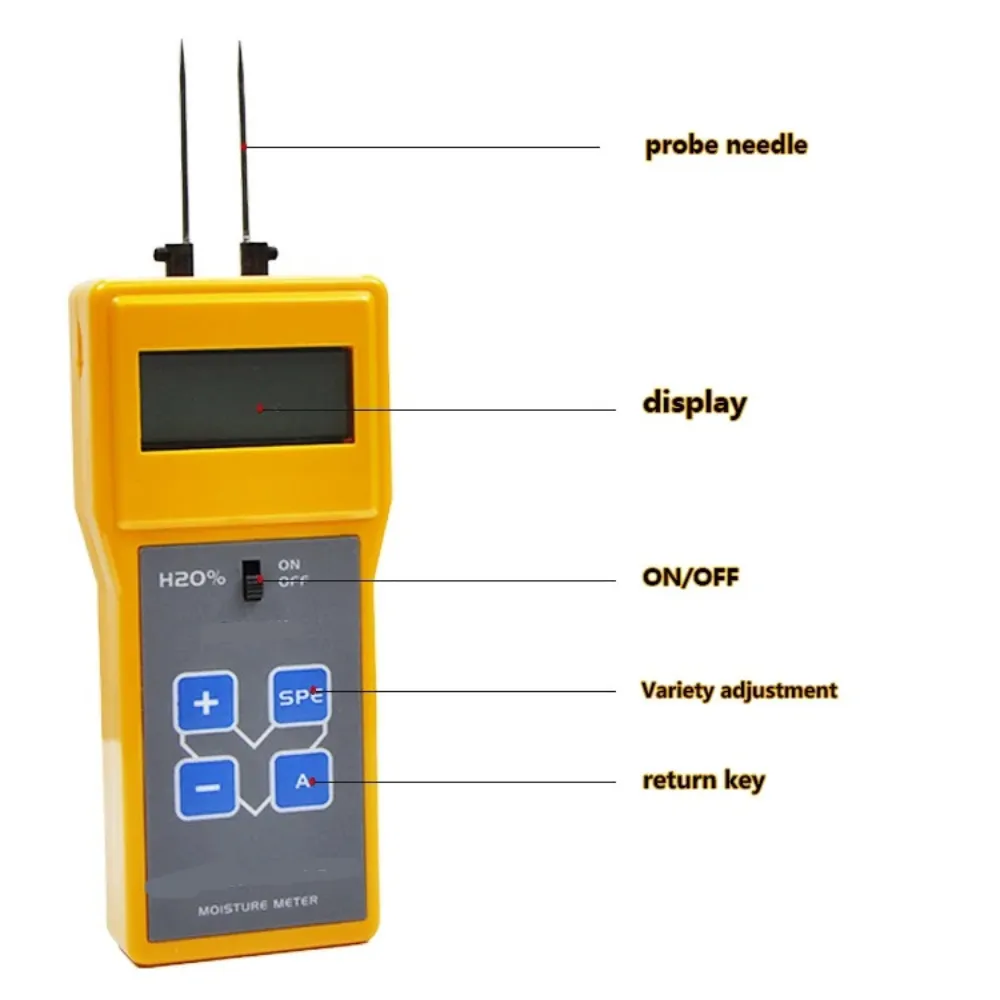
Applications in Hydroponic and Aeroponic Systems
Moisture meters can also be used to monitor the moisture content of growing media in hydroponic and aeroponic systems. These systems require precise moisture control to maintain optimal growing conditions. By using moisture meters, gardeners can ensure that the growing media remains at the correct moisture level, promoting healthy root growth and overall plant health.
Future Integration with Smart Technologies
As smart gardening continues to evolve, moisture meters will likely play an increasingly important role. Future applications could include integration with smartphone apps, providing real-time data on soil moisture levels that gardeners can access from anywhere. Additionally, moisture meters could work in conjunction with other smart gardening technologies, such as weather stations and soil sensors, to provide a comprehensive picture of the growing environment and inform plant care decisions.
Conclusion: Embracing the Future of Smart Gardening
The future of moisture meters in smart gardening technologies holds great promise for both gardeners and farmers. By providing real-time data on soil moisture levels, moisture meters enable informed decisions about plant care, leading to healthier and more productive plants. The integration of moisture meters into larger smart gardening systems and the development of new technologies will continue to expand their applications, making them an essential tool for the future of gardening.
Comments
Tags
Frequently Asked Question
Moisture meters provide real-time data on soil moisture levels, helping gardeners to water plants only when necessary. This prevents overwatering, conserving water and promoting healthier plant growth.
Yes, moisture meters can monitor the moisture content of growing media in hydroponic and aeroponic systems, ensuring optimal moisture levels for healthy root growth.
Moisture meters can be connected to automated irrigation systems that adjust water delivery based on soil moisture levels. They can also integrate with smartphone apps and other smart gardening technologies for comprehensive plant care.
Monitoring moisture content at different soil depths helps gardeners understand water retention and distribution, leading to better soil management practices and healthier plant growth.

